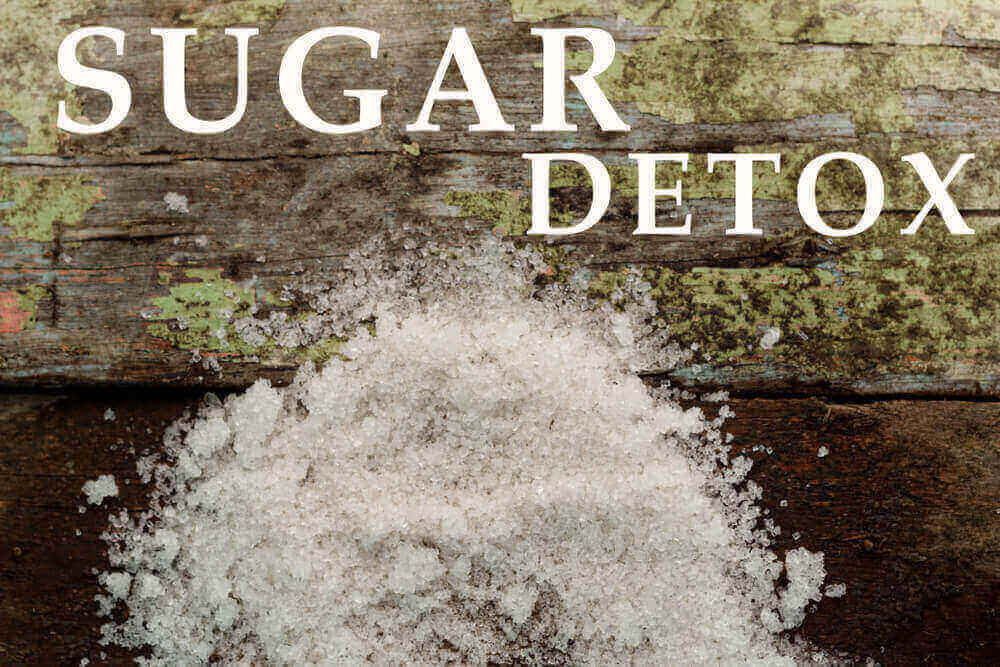As individuals become more health conscious, the need for healthier sugar substitutes has increased. Whether you want to limit your calorie intake, regulate your blood sugar levels, or avoid refined sugars, there are various natural and artificial sweeteners that can be great substitutes. Here are seven of the finest alternatives to sugar:
Coconut Sugar
Coconut sugar is produced from the sap of the coconut palm tree. It has a caramel-like flavor and is comparable in sweetness to normal sugar.
Benefits:
Contains trace amounts of vitamins and minerals.
Lower glycemic index compared to ordinary sugar.
Contains inulin, a fiber that delays glucose absorption.
Uses: Ideal for baking, cooking, and as a one-to-one substitute for normal sugar in recipes.
Honey
Honey is a natural sweetener created by bees from floral nectar. It has a delicious flavor and some healthy elements.
Benefits:
Has antioxidant and antibacterial effects.
Can relieve sore throats and quell coughs.
Provides trace levels of vitamins and minerals.
Uses: Perfect for sweetening tea, spreading over yogurt, baking, and cooking. However, it is still high in calories and should be consumed in moderation.
Maple Syrup
Maple syrup is prepared by boiling down the sap from maple trees. It has a distinctive, rich flavor and is frequently used as a pancake topping.
Benefits:
Contains antioxidants and minerals such as zinc and manganese.
Lower glycemic index compared to sugar.
Provides a distinct flavor that improves a variety of cuisines.
Uses: Perfect for sweetening baked products, sauces, marinades, and topping pancakes and waffles. Look for pure maple syrup with no additional sweeteners.
Jaggery (gur)
Jaggery is a traditional unrefined sweetener derived from sugarcane juice or palm sap. It has a deep caramel flavor and is commonly used in Indian sweets and savory dishes.
Benefits:
Rich in minerals such as iron, magnesium, and potassium.
Aids digestion and serves as a natural detoxifier.
Provides a steady release of energy.
Uses include desserts, curries, beverages such as tea and coffee, and traditional sweets such as ladoos and chikkis.
Date Sugar (Khajur Gud).
Date sugar is prepared from dried and crushed dates. It is a whole food sweetener that preserves the fiber and minerals of dates.
Benefits:
Rich in fiber and minerals like as potassium, magnesium, and B vitamins.
Offers a natural source of energy.
Low glycemic index.
Uses include baking, sweets, and sweetening beverages. Ideal for preparing date-based desserts such as date and nut laddus.
Rock sugar (Mishri)
Rock sugar, sometimes called mishri, is crystallized sugar derived from sugarcane or palm. It's commonly utilized in Ayurvedic medicine and traditional desserts.
Benefits:
It is said to improve digestion and relieve sore throats.
Offers quick energy.
The body is said to benefit from its cooling properties.
Uses: Used in traditional Indian sweets, herbal teas, and as a mouth refresher when combined with fennel seeds.
Conclusion
These sugar substitutes not only provide healthier options, but also add distinct flavors to your food. Using these traditional sweeteners can improve the nutritional content of your meals and sweets. When selecting a sugar substitute, evaluate your nutritional needs and preferences to determine the greatest fit for your lifestyle.






.jpg)

